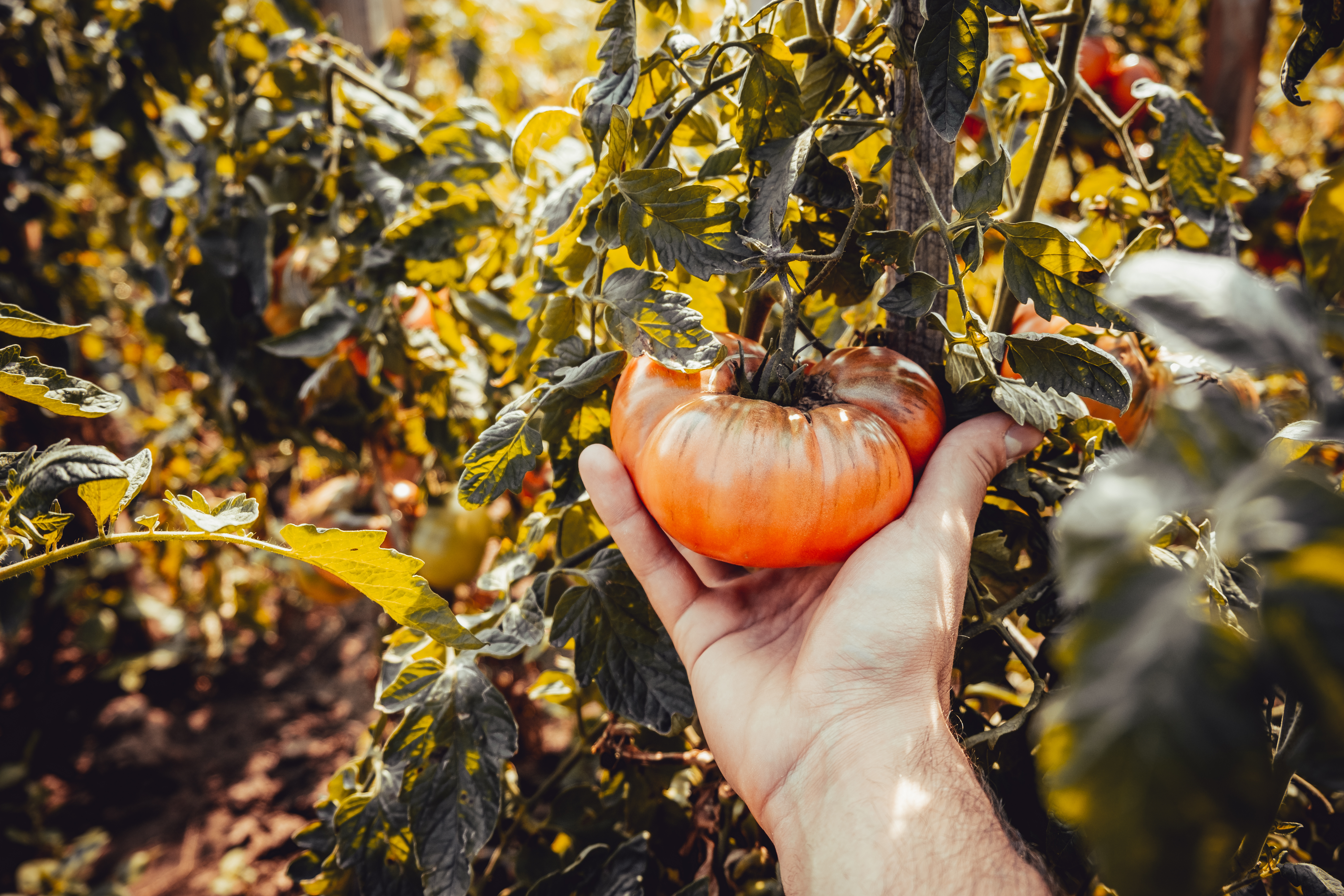San Joaquin County's vital tomato industry is facing a severe threat from an invasive insect, prompting the county's Board of Supervisors to declare a state of emergency earlier this month. The culprit, identified as the beet leafhopper, carries the beet curly top virus (BCTV), a pathogen that damages tomato plants by causing crinkled and yellowed leaves, stunted roots, and necrotic phloem tissues.
This declaration, made on July 3, follows the discovery that these pests have migrated into the county, some carrying the debilitating BCTV. The situation has led to authorization for farmers to use neonicotinoids, a class of insecticides that is restricted in California due to its harmful effects on pollinators. This decision underscores the gravity of the threat to the local agriculture, as tomatoes are a cornerstone crop for the region, generating $147 million in harvested value last year alone.
San Joaquin Valley has a long history with curly top disease, having battled outbreaks since the early 20th century. Recent unusual outbreaks in 2021 and 2022 have been linked to extreme weather conditions, exacerbating the challenges faced by local farmers. The ongoing crisis not only threatens the economic stability of the area's agricultural sector but also the livelihoods of numerous workers and businesses dependent on this crop. The county and its farmers are now bracing for a significant impact, as they implement measures to mitigate the spread of this destructive virus.


